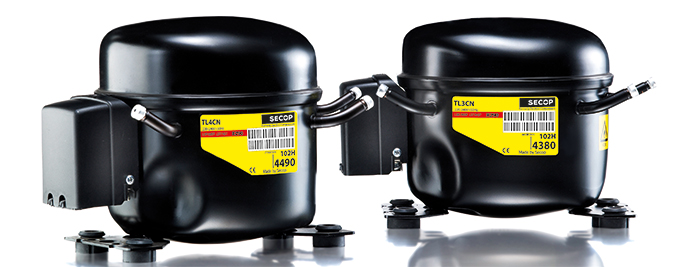Commercial refrigeration is a vital part of modern supply chains, and it is therefore important for systems to be as robust and reliable as possible. While improvements in insulation and newly developed materials have made the construction of refrigerated vehicles and casings simpler and more efficient, the technology at the heart of the system, the vapour-compression system, is based on much older developments that, while well-tested and useful, have limitations if special care is not taken.
Operating Conditions for commercial refrigeration
Because compressors work only with vapour, having too much refrigerant in a commercial refrigeration system is as bad as having too little; liquids cannot be readily compressed. Similarly, if the device is being used in temperatures too low to allow the ready formation of gas from the coolant, the pump may have a harder time providing the right levels of pressure.
Careful maintenance, including regular checks of fluid levels are therefore important, as is maintaining a relatively constant operating temperature for the equipment. Insulation around the whole device as well as for the main body containing the refrigerated product may help with this, but for some vehicles and devices, additional external heating may be required in truly cold weather.
Controls for commercial refrigeration
A compressor is often controlled with a pressure switch; more complex systems, such as multiple compressor installations, use electronic controls. These control the pressure by working to set points at which compressors cut in and out. These systems therefore require electricity to operate and cannot run solely on mechanical energy from a vehicle or similar source. Advanced electronic control systems also use pressure control routines that allow the compressor to be adjusted to accurately meet differing cooling demands whilst reducing energy consumption.
Separate high pressure and low pressure switches provide secondary protection to the compressors and other system components, so regular maintenance of both primary and secondary systems is important for efficient running. This will also help to control energy consumption by regularising the operation of the unit. In particular, multi-stage cooling requires sequencing of several compressors, and it is important that this is tuned and optimised.
Investment for commercial refrigeration
Clearly, once a commercial refrigeration system has been chosen, the key to having it work effectively is to ensure that it is properly monitored, controlled and maintained. While this may seem to be a burden of care, the extra longevity and efficiency it gives to the system are well worth the ongoing costs.

